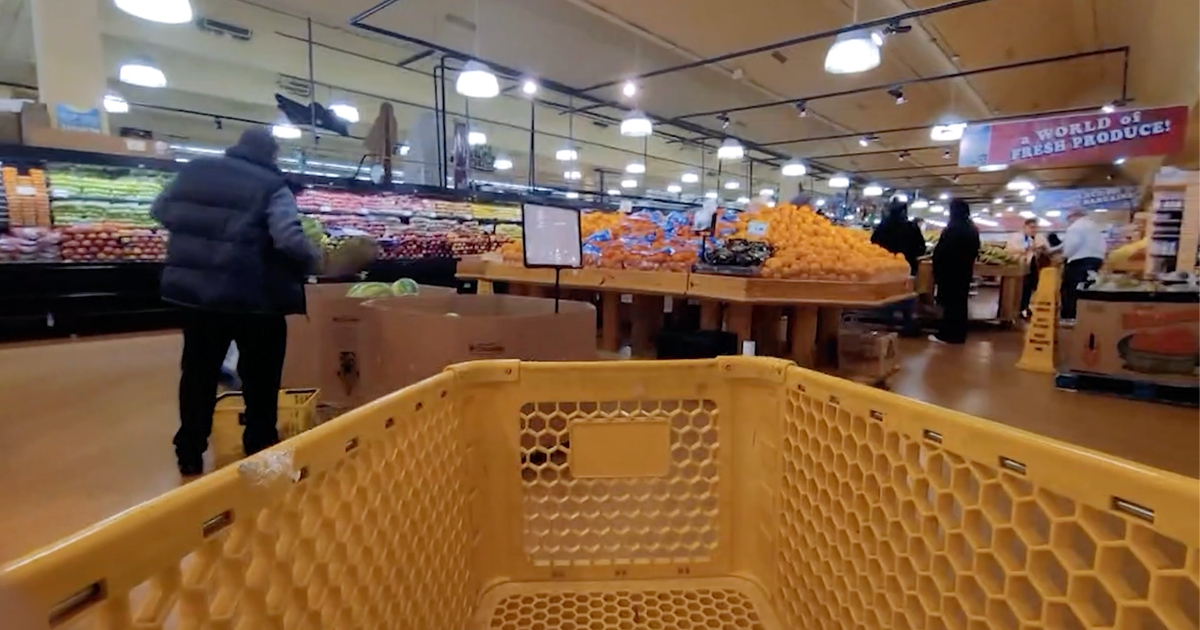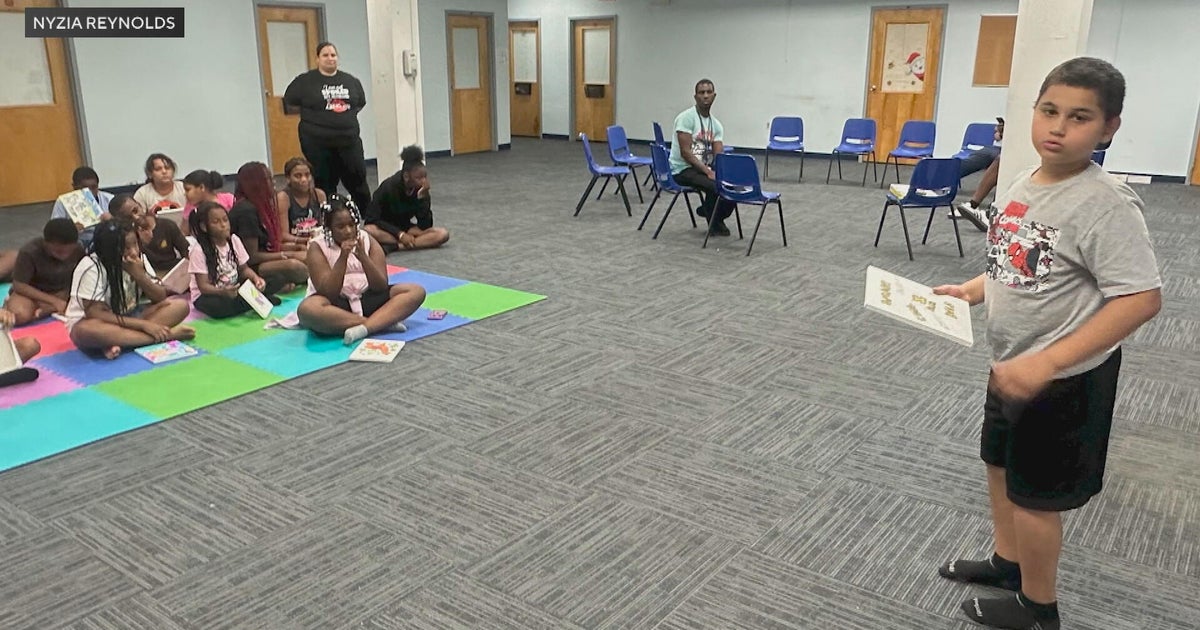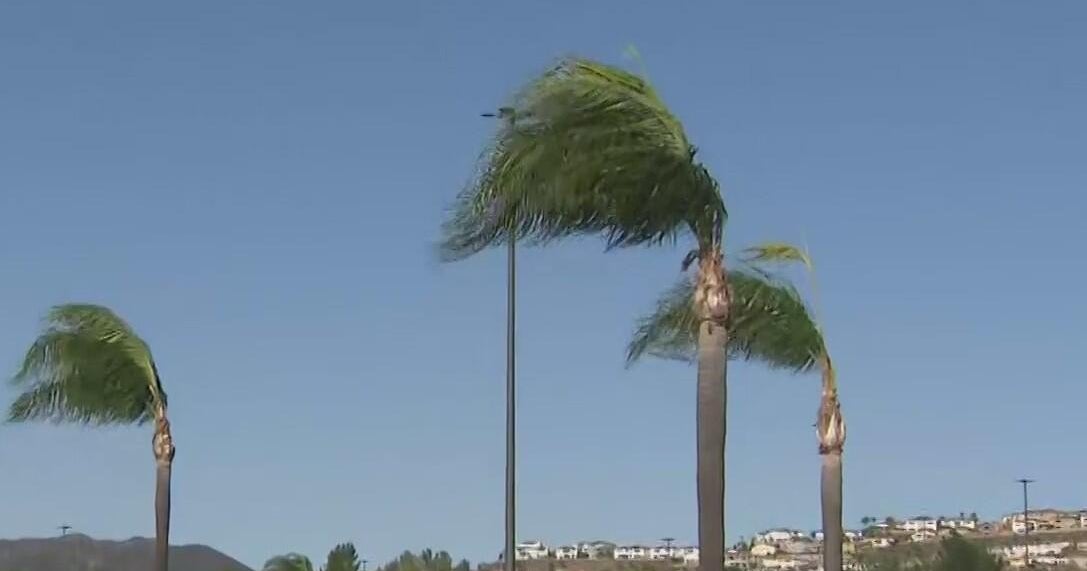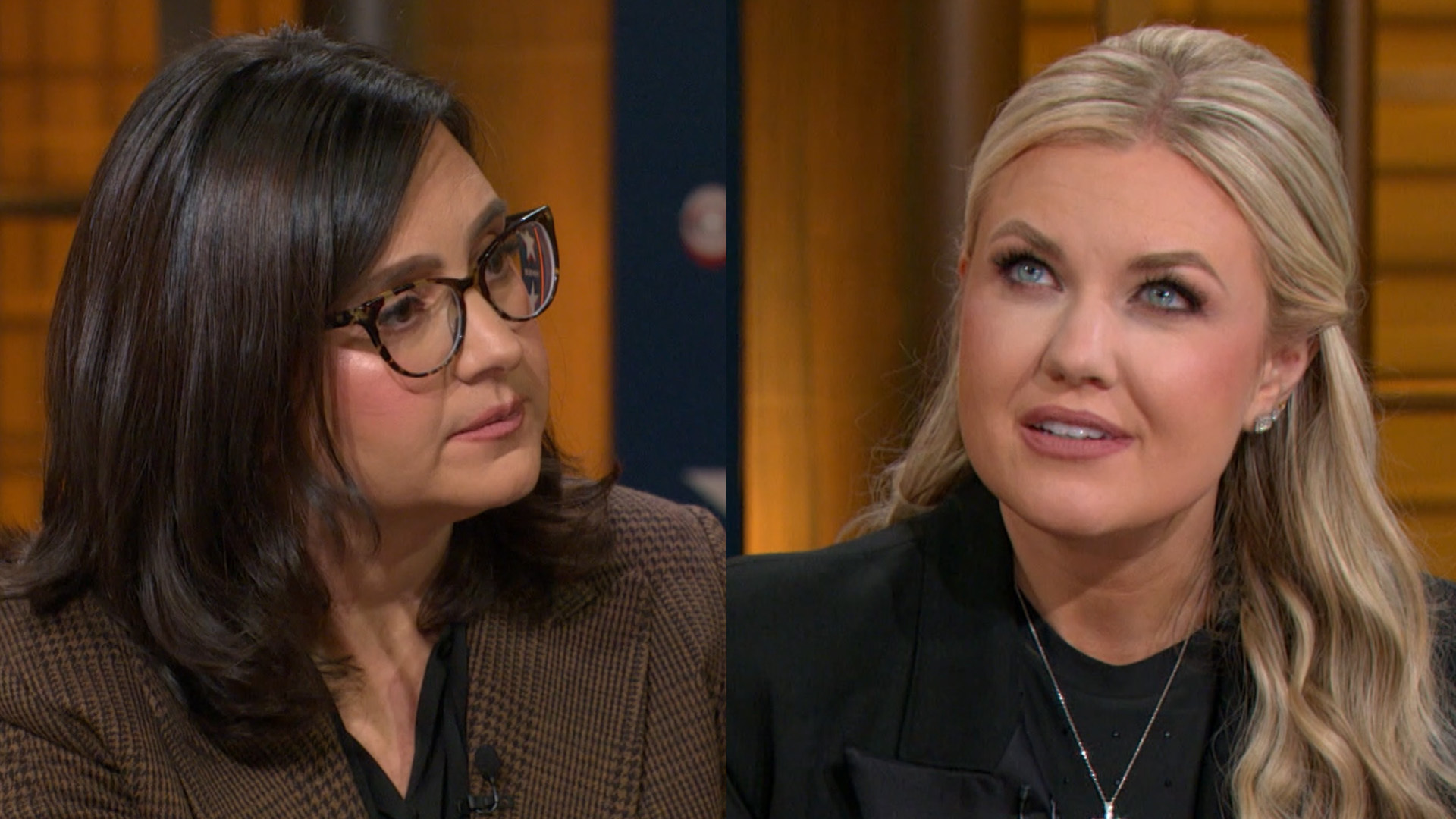How a California nonprofit is transforming people's yards to help feed their community
An urban farming program in California is providing a fresh take on front yards to help feed people in its community.
Crop Swap LA is a nonprofit that transforms people's yards into produce gardens, which are crucial in neighborhoods that don't always have easy access to fruits and vegetables.
"We intend to grow food on unused spaces, in a way that creates an economic value and keeps that food hyperlocal," said Jamiah Hargins, founder of Crop Swap LA. "Then, again, distribute that nutrient-dense food within the community, so people understand what's possible."
According to a 2022 USC study, nearly a quarter of Angelenos experienced food insecurity, with residents of color three times more likely to suffer than their White counterparts. Around 47 million people in the U.S. are food insecure, according to the nonprofit Feeding America.
Hargins said through the organization, he hopes to improve diets, health and more.
"I really want to improve confidence that people can reconnect with nature in the ways that our great grandparents had in the past. Many of them grew their own food, and many of us are just separated because of our culture and society these days."
Resident involvement
For Beverly Lofton, her front yard filled with vegetable beds is more than just a garden. The microfarm, which grows lettuce, kale and other organic produce, is also a tribute to her late husband, LaSalle.
"He would give you the shirt off his back," she said. "That was the one thing I felt like LaSalle could live on through, providing food for neighbors and family. And that's something he would've loved."
Lofton's husband was diabetic, so helping to improve her community's health is a strong motivator for her.
"That made me even more want to be healthy, and to also be there for my great grands, my grands."
She hopes these gardens have a last and ever-growing impact, one that she knows her husband is helping her with along the way.
"I hope 30 years from now, we see a lot of these gardens along the street or in the community," she said.






